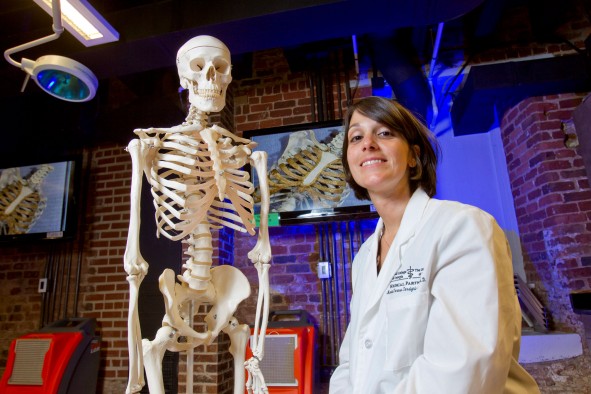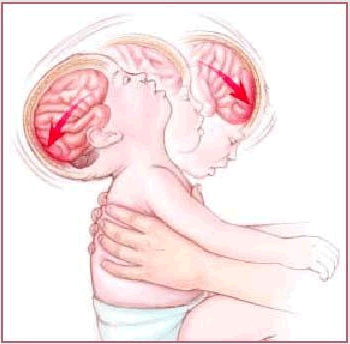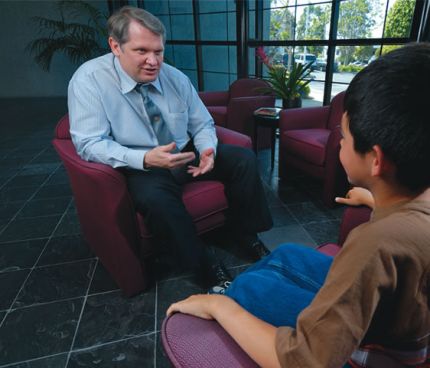Cop Life – Compassion for Death
Compassion v. Security. Police officers have the unique job of showing compassion to family and friends at the scene of a death while maintaining good scene security. This can be a slippery slope if not approached correctly. So what is your number one goal; compassion or security – and can you be successful in both?…
Read More








